Chaplains do important work. These faith-oriented individuals often work with hospitals, police departments, schools, prisons and other secular (non-religious) groups and provide a peaceful, nonjudgmental ear for employees to share their feelings with. They help in a variety of ways that often go beyond the scope of what an employer can provide to an employee:
What’s OK and What’s Not? Why Abuse Prevention Education is Needed in Every Church
An upstate New York church is rallying together after one of its former volunteer leaders was indicted on sex abuse charges. The youth ministry volunteer is accused of having inappropriate sexual relations with two teenage boys; the alleged incidents of sexual abuse happened at the man’s home and did not take place on church property
Three Key Elements to a Screening Policy
If you don’t already have an employee/volunteer screening policy, you need one. It’s non-negotiable. A thorough screening policy will not only help protect your religious organization and the people within it from psychopaths, it will safeguard your church against any legal action that might be taken should a predator/thief/fraudster/etc. slip through your ranks. But not
Why Accuracy Matters Most in Background Screening
There are a lot of reasons why companies want to run background checks on employees, volunteers and other staff. workplace safety liability honesty compliance protect confidential information There is an equal of amount of qualities companies look for when sourcing potential screening firms. quick results comprehensive searches paperless solutions cost effective programs accuracy This last
The Fair Credit Reporting Act and You: Protecting Your Credit Information
We’re going back to basics on Protect My Ministry this week. Our goal today is explaining some of the basic laws of background checks and what employees need to know about how ministries and their chosen screening agencies should be protecting their credit information. Who We Are By law, a company is a Consumer Reporting
Improve the Safety of Your Vacation Bible School
Ministries across the country are becoming increasingly concerned with protecting the children they serve. Pennsylvania has really lead the charge because of a new state law overhauling its child protection policies. The new law expands the requirements for, and scope of, background checks for people who work or volunteer with children. The law demands that
Can An Employer Require Candidates to Pay for Their Own Background Check?
When budgets get tight, employers often have to do a lot of soul-searching to find out where to best spend their dollars. One of the most expensive aspects of running any business, including ministries, vacation bible schools, and other faith-based organizations, is hiring new people. From generating and placing job openings to gathering applications and
The Top Three Things Customers Desire From a Screening Firm (And Why Protect My Ministry Aces at All of Them)
We live in a fast-paced society. From 24-hour grocery markets to flash online sales, we want things available to us anytime, anywhere, anyhow. That’s tough stuff for businesses. How do you consistently provide a top notch product or best-in-class service when you’re stretched to your limits in terms of production costs, manpower, and the litany
Do Your Volunteers (and employees) Wonder Why They’re Being Screened? Here’s What to Tell Them.
National Volunteer Week is just around the corner and that means many people will be seeking useful ways to volunteer their time and help their communities. This year, National Volunteer Week runs April 12 – 18. Any group – like a non-profit agency or faith-based organization – who could benefit from a few more helping
Child Safety Training More Important Than Ever Thanks to New Laws
It’s always a step in the right direction when states move to protect our innocent children from abusive predators. Even though the details might be overwhelming or confusing at the start, it’s imperative that organizations, including all faith-based groups, implement them as soon as possible. Pennsylvania took such action in 2014 when its state legislature
